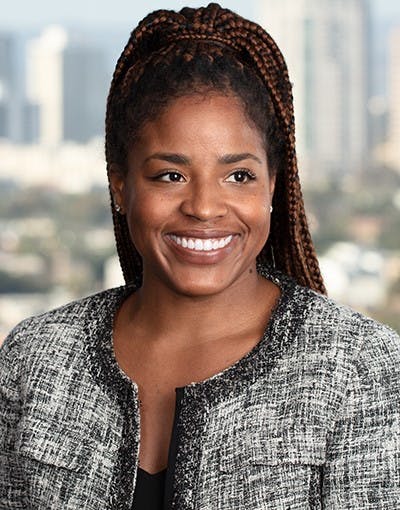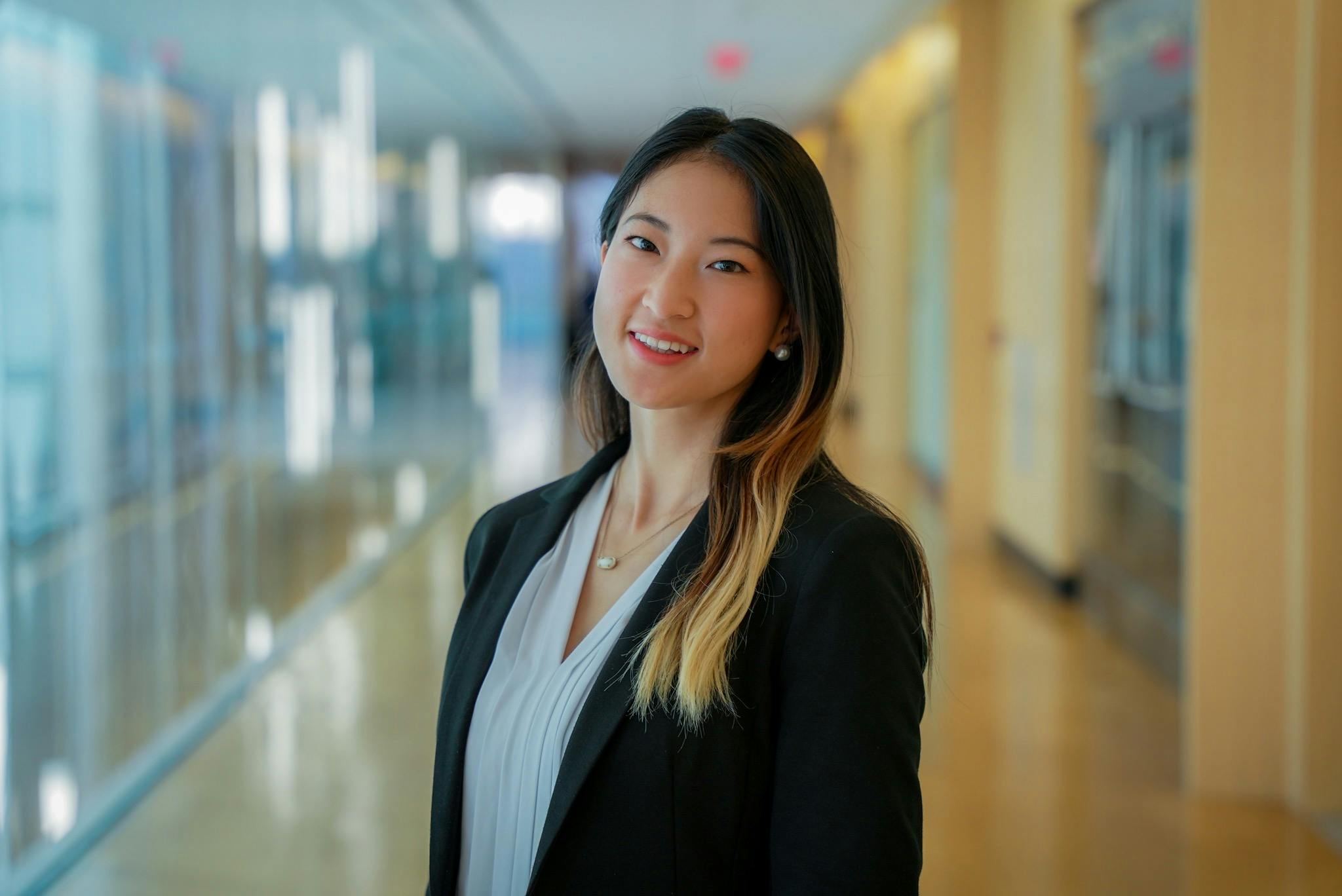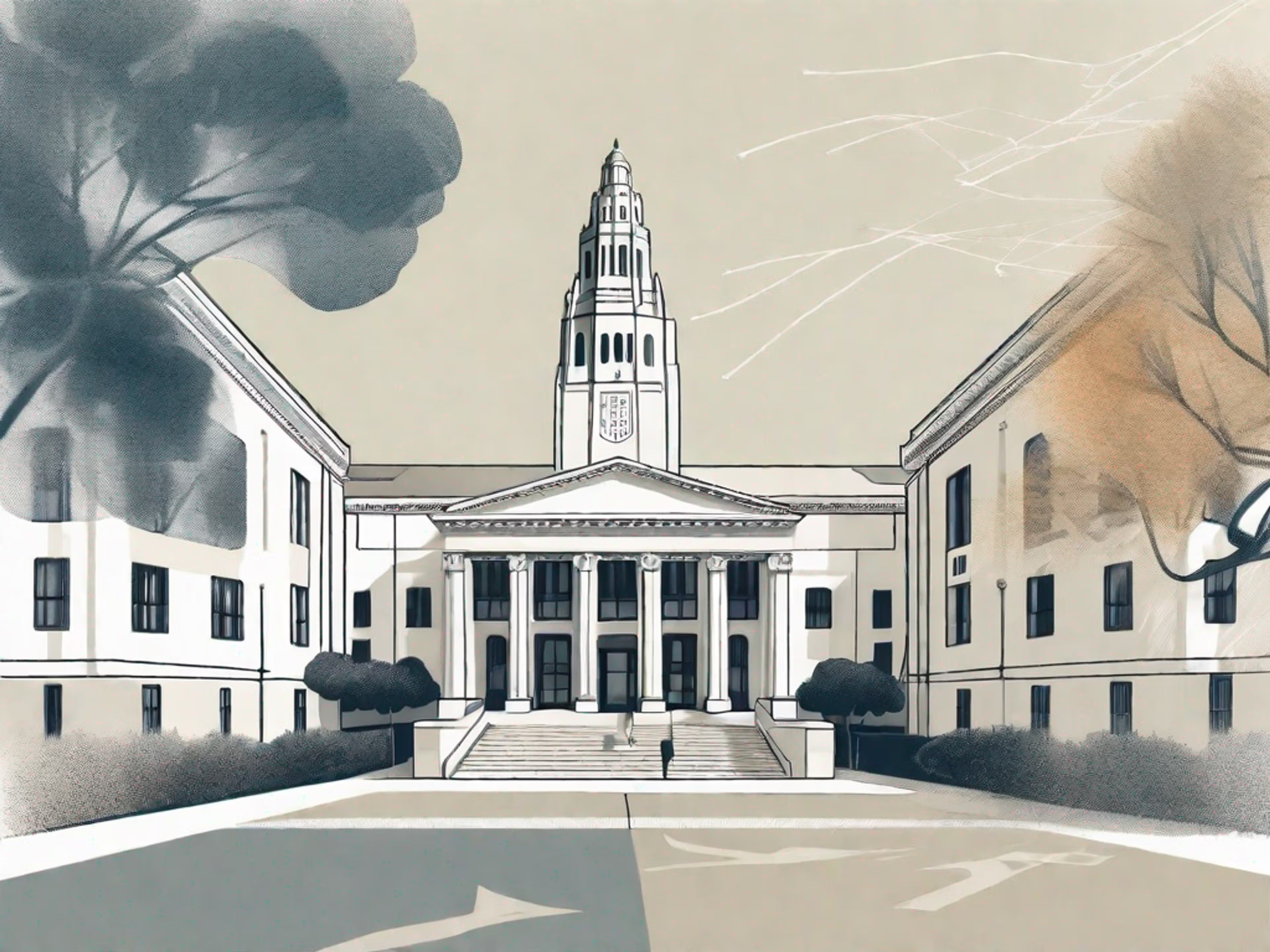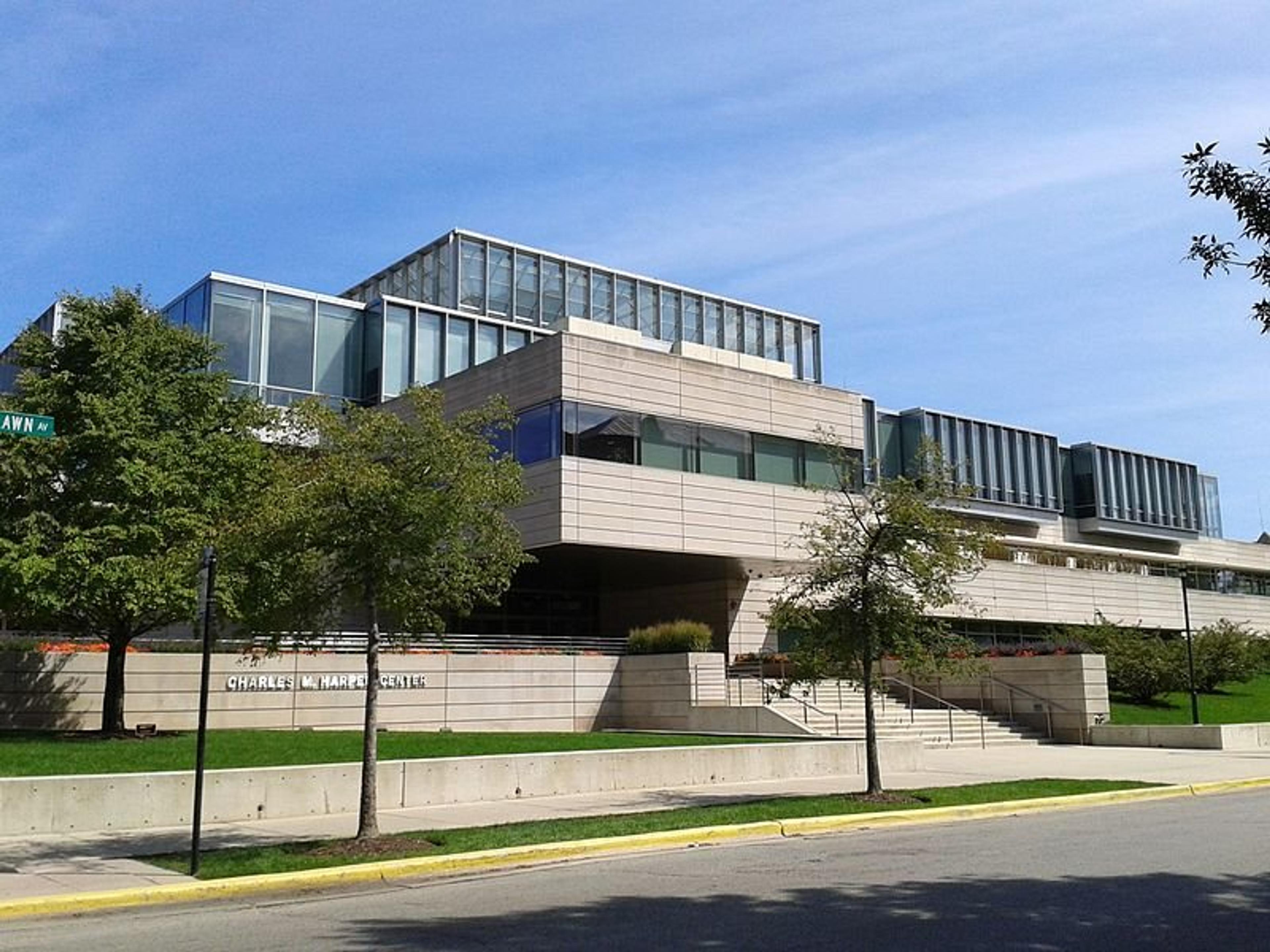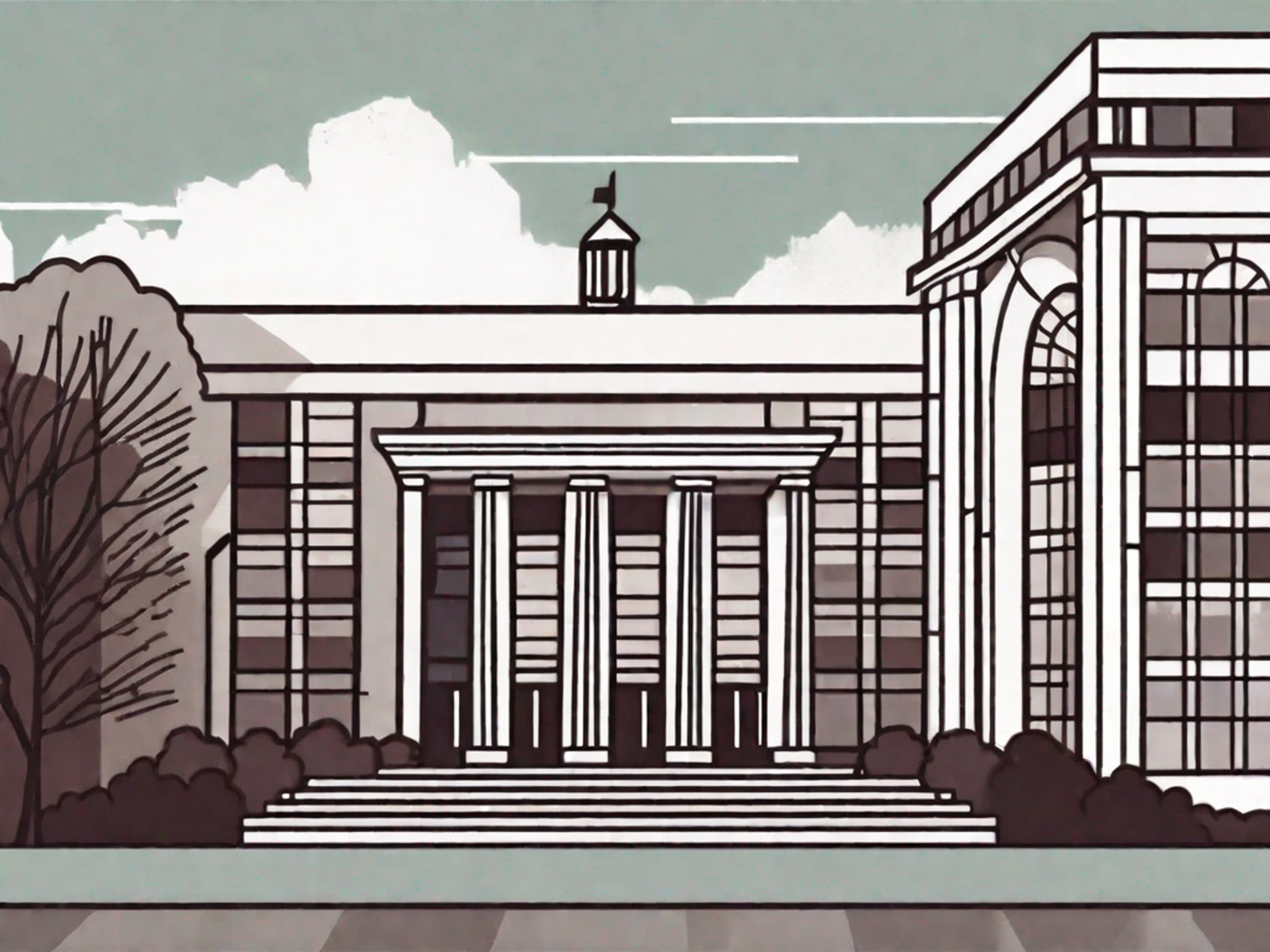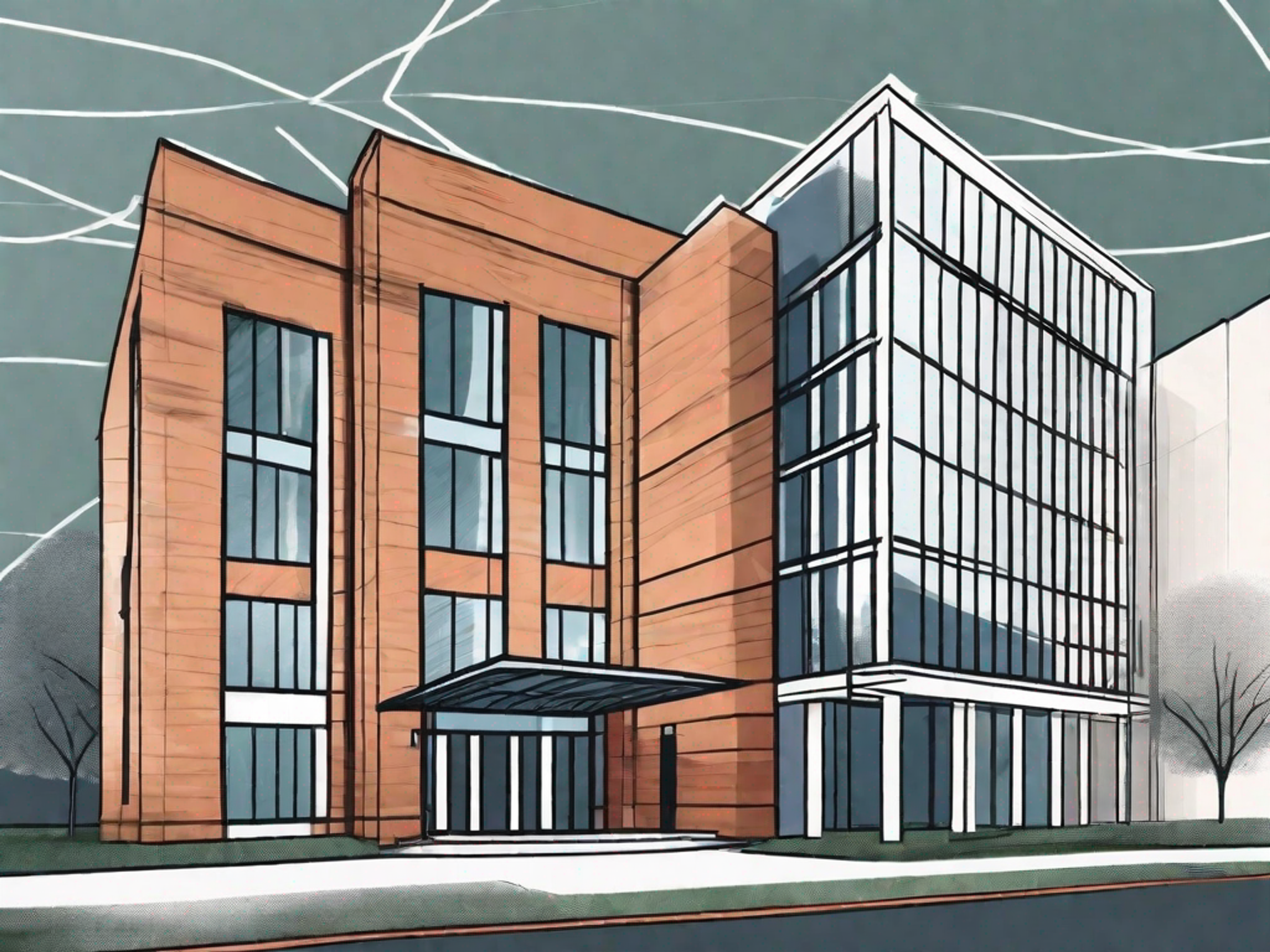UC Berkeley Haas School of Business—MBA Program & Application Overview
Applying to Haas? Read this guide for the most practical strategies and tips curated by the best MBA admissions coaches in the world and Haas alumni to get you that much closer to your dream school.
Posted March 12, 2024

Free Event

Featuring Victoria G.
The Summer Before Round 1: Setting Yourself Up for Success
Tuesday, May 28
3:00 PM UTC · 45 minutes

Featuring Victoria G.
Table of Contents
The Haas School of Business at the University of California is the second-oldest business school in the United States. It boasts an exceptional faculty with two Nobel Prize Laureates in Economics and an active community of students and alumni. The mission at Haas is to help extraordinary people achieve great things through their four defining leadership principles: (1) Question the status quo, (2) Confidence without attitude, (3) Student always, and (4) Beyond yourself. The school offers six different degree programs, an executive education program, and several certifications and summer courses.
Class Profile (2024)
- Location: Berkeley, CA
- Class Size: 247
- Average Work Experience: 5.6 years
- Average GMAT Score: 729
- Average GRE Score: 163 (Quant); 161 (Verbal)
- Average GPA: 3.64
- Women: 46%
- International: 41%
- First Generation: 13%
- LGBTQ+: 16%
- Veterans: 4%
- Minority: 45%
- Acceptance Rate: 17.6%
"Our graduates are distinguished for tackling challenges from the first day on the job. They are disciplined, data-based, and capable across the full spectrum of general management. But they are also empathetic, other-minded, and servant leaders."
Berkeley Haas Admissions Committee
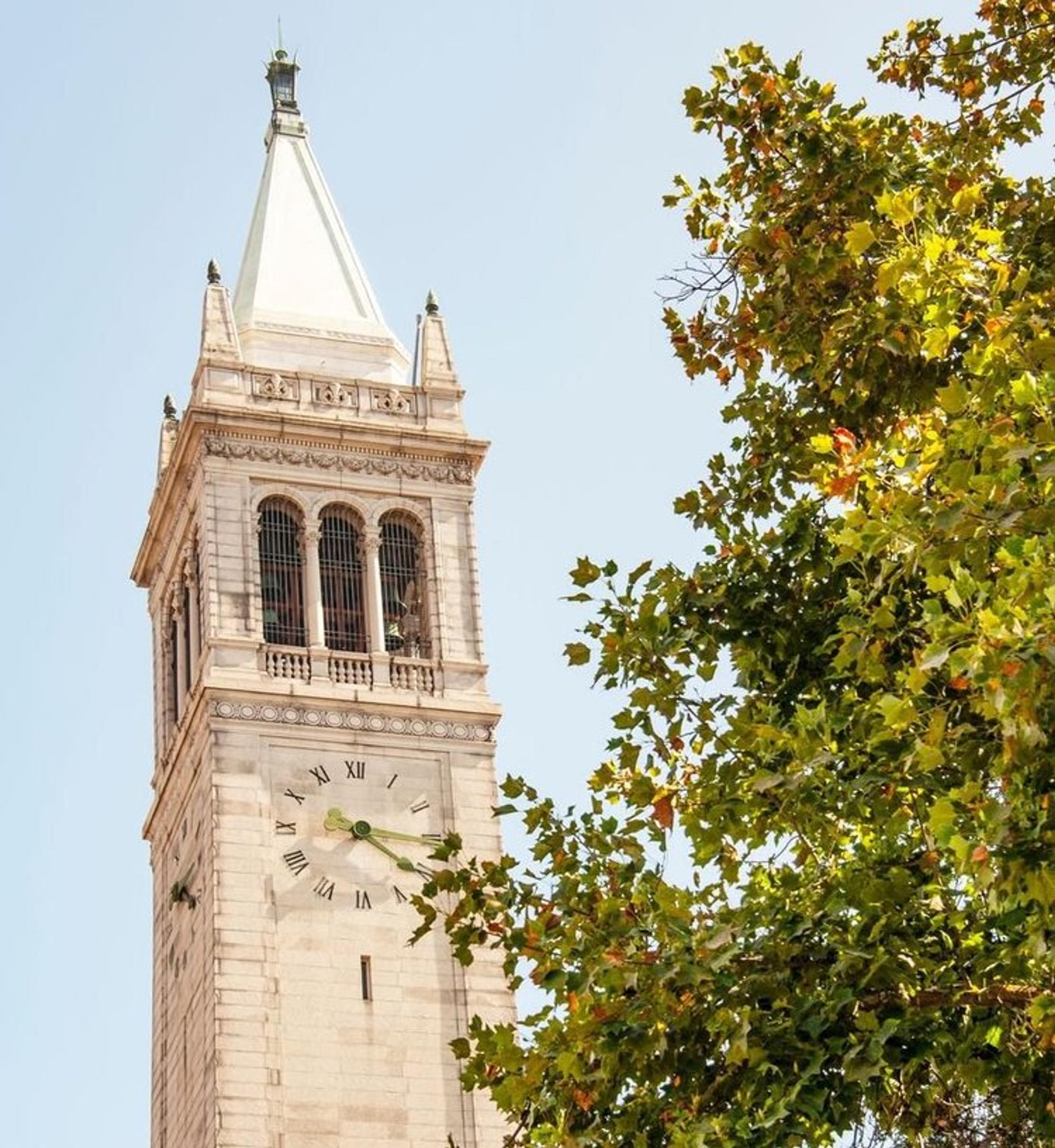
Application Information (2023-2024)
Haas Deadlines
Round 1: September 14, 2023
- Decisions Released: December 7, 2023
Round 2: January 4, 2024
- Decisions released March 21, 2024
Round 3: March 28, 2024
- Decisions released May 2, 2024
GMAT/GRE
All Haas candidates are required to take either the GMAT or GRE exam prior to the deadline of the round they are applying. There is no minimum acceptable score. Even after students submit their application, they are allowed to send in updated scores if they take the test again and receive a higher score, up until two weeks before the final notification deadline.
To read more, click here: GMAT vs. GRE for Business School—Which to Take and How to Ace Both
Berkeley Haas Essays
There are four required essays (NEW!) for Berkeley Haas as well as several optional sections for students to clarify something on their application.
Required Essay #1
What makes you feel alive when you are doing it, and why? (300 words maximum)
Required Essay #2
How will an MBA help you achieve your short-term and long-term career goals? (300 words max)
Required Essay #3 - Video
The Berkeley MBA program develops leaders who embody our four Defining Leadership Principles. Briefly introduce yourself to the admissions committee, explain which leadership principle resonates most with you, and tell us how you have exemplified the principle in your personal or professional life. (Not to exceed 2 minutes.)
Required Essay #4 - Short Answer
Can you please describe any experience or exposure you have in the area of diversity, equity, inclusion, justice, and belonging whether through community organizations, personal, or in the workplace? (150 words max)
Optional Essays
The admissions team takes a holistic approach to application review and seeks to understand all aspects of a candidate’s character, qualifications, and experiences. We will consider achievements in the context of the opportunities available to a candidate. Some applicants may have faced hardships or unusual life circumstances, and we will consider the maturity, perseverance, and thoughtfulness with which they have responded to and/or overcome them.
Optional Information #1
We invite you to help us better understand the context of your opportunities and achievements.
Optional Information #2
This section should only be used to convey relevant information not addressed elsewhere in your application. This may include explanation of employment gaps, academic aberrations, supplemental coursework, etc. You are encouraged to use bullet points where appropriate.
Learn more here: How to Write a Powerful MBA Essay—With Examples
Letters of Recommendation
Haas requires two letters of recommendation and prefers that at least one of them comes from a current employer. Applicants should choose recommenders who they have worked with for a considerable amount of time. The title or status is not important; rather, what matters is how closely the applicant worked with their recommender and whether they can accurately describe the applicant’s skills, professional accomplishments, and personal qualities. For this reason, Haas discourages academic references.
Also, make sure to not include recommendations from coworkers, relatives, and personal acquaintances as this may be detrimental to the application. Do not submit more than two letters and if applicants are unable to obtain a letter from their current supervisor, they should explain why.
Learn more here: How to Get the Perfect MBA Recommendation Letter—With Examples and Full-Time MBA Application Series: Letters of Recommendation.
Berkeley Haas Interviews
Haas’ Admissions Committee conducts interviews by invitation only. They are conducted through pre-recorded videos and remotely with a current student or alumni.
Read more here: How to Ace Your MBA Interview: With Prep Questions & Answers and How to Nail Your Virtual MBA Interview
Other Application Items
Application Fee
A non-refundable application fee of $200 is required and payable within the online application. You can apply for a fee waiver if you are a U.S. citizen, permanent resident, or a DACA recipient who is an active participant of the Americorps, Peace Corps, or U.S. military. You can also be qualified based on financial needs as determined by the Estimated Family Contribution. You must request a fee waiver at least five business days prior to the application deadline of the round for which you are applying.
Academic Transcripts
An important indication of how applicants will thrive in the academic environment of Berkeley Haas is past academic success. Interested students should hold the equivalent of a four-year US bachelor’s degree. When looking at transcripts, the admissions committee takes into account the choice of coursework, the rigor of the undergraduate institution and major, and GPA. There is no minimum GPA requirement but generally, a GPA of at least 3.0 is more seriously considered.
Applicants should submit one official transcript from every college, university, and graduate institution they have attended since high school, regardless of the length of study. Graduates from non-US institutions should provide one official degree certificate in its original language with English translations. Upon acceptance, official transcripts are required.
Resume
An MBA program’s quality is enhanced by the real-world experience that students bring to the classroom. For this reason, most of Haas’ students have two or more years of full-time, professional work experience. When the admissions committee is reviewing applications, they are interested in the progression and milestones of its applicants, as well as their leadership potential. Because of this, make sure to upload a current resume through the online application. PDF format is preferred.
Learn more here: How to Craft the Ultimate MBA Resume—With Examples and Application Tips: Resume
Haas Tuition and Costs: First-Year Breakdown
California Residents
- Tuition: $65,360
- Educational Supplies: $646
- Health Insurance: $6,088
- Food and Living Expenses: $26,014
- Personal: $2,790
- Estimated Total Cost of Attendance: $104,138
Non-Residents
- Tuition: $71,817
- Educational Supplies: $646
- Health Insurance: $6,088
- Food and Living Expenses: $26,014
- Personal: $2,790
- Transportation: $3,240
- Estimated Total Cost of Attendance: $110,595

International Students
To complete the English Language Proficiency Requirement, applicants must fulfill one of the following criteria:
1. Graduated with a degree from a recognized institution in a country where the primary official language is English. If you are a US citizen who received a degree from these countries or regions, you should still take a language test.
2. Completed at least one year of full-time coursework with a grade of B or better from an institution located U.S., U.K., Australia, English-speaking Canada, or Singapore. However, the following courses are not included:
- Courses in English as a Second Language.
- Courses conducted in a language other than English.
- Courses that will be completed after you apply.
- Courses of a non-academic nature.
3. Have taken any of the following standardized tests and meet the score requirements. Make sure not to submit scores by mail.
a. Test of English as a Foreign Language (TOEFL) - Your most recent score should be at least 90 for the Internet-based test (iBT), at least 230 for the computer-based test (CBT), or at least 570 for the paper and pencil test (PBT).
b. International English Language Testing System (IELTS) - Even though the TOEFL is preferred, you can submit scores from the IELTS. Your most recent overall BAND score must be at least 7 on a 9-point scale.
Program Overview
At Berkeley Haas, there is only one goal: to help MBA candidates develop as leaders capable of turning innovation into impact. Their rigorous curriculum takes an interdisciplinary approach to business fundamentals, so students can transition effortlessly from “what is” to “what could be.” This allows them to learn different ways of thinking and expand their knowledge.
There are 14 required courses in the core curriculum that build on each other to enable mastery of analytical tools and essential knowledge. After the core classes, students are able to tailor the rest of their MBA studies to their specific careers and personal interests.
Required Courses:
- Data and Decisions
- Leading People
- Leadership Communication
- Economics for Business Decision Making
- Financial Accounting
- Introduction to Finance
- Marketing
- Data Analytics
- Macroeconomics in the Global Economy
- Operations
- Business Communication in Diverse Work Environments
- Ethics and Responsibility in Business
- Data-Driven Presentations
- Strategic Leadership
Innovative Leadership Development
Berkeley Haas believes in developing a different kind of leader: someone who is not afraid to think in new ways, who champions bold ideas while taking intelligent risks, who speaks their mind and is not afraid to challenge convention, who makes decisions based on evidence and rigorous analysis along with an understanding of human needs and behaviors, and whose deep knowledge allows them to lead with confidence and without arrogance. Their students cultivate these skills by building a strong foundation in general management fundamentals and effective teamwork.
Build a Strong Foundation in the Fundamentals
The curriculum at Haas emphasizes a solid grounding in the fundamentals so that its students will have a good understanding of how each part of the company works. Because of this, the curriculum starts with important core classes in general management: accounting, marketing, finance, and strategy.
Well-rounded managers with cross-functional knowledge act on evidence and analysis, ask the right questions, and have the tools to challenge convention and seek solutions. This is the kind of leader that Haas is trying to build.
Customize with Electives, Cross Disciplines, Even Design Your Own Class
60% of the Haas curriculum is comprised of elective offerings and includes classes like Decision Making with Big Data, Strategic Brand Management, and Venture Capital/Private Equity. These courses give students the power to chart their MBA journey. If a student would like to learn about a subject that is not offered in a course, they can work independently or partner with a faculty to design their own elective.
Learn to Lead Collaboratively
Successful leaders know how to work effectively in team settings. Beginning with orientation, students will be assigned to study teams and cohorts in order to provide them with opportunities for team collaboration. The Team@Haas curriculum is designed to enhance these collaborative leadership capabilities through everyday collaboration and an inclusive culture.
Hands-on Learning at Berkeley Haas
For more than 25 years, experiential learning has been an integral part of the Berkeley Haas MBA program. Hands-on learning gives students the opportunity to feel the impact of what they’ve learned, recognize personal growth, and gain experience before ever leaving the classroom. Haas partners with leading firms and organizations in the Bay Area, across the nation, and around the world to offer unparalleled opportunities for MBA experiential learning. Also, more than half of their electives feature hands-on projects.
Build Cross-Cultural Acumen
The new economy is global and Haas wants its students to be able to succeed in it. Through its international learning opportunities, students will sharpen their cross-cultural business skills, expand their worldview and network, and deepen their understanding of business in the modern world.
Some of the global learning opportunities at Haas include:
- International Business Development (IBD)
- Global Network for Advanced Management (GNAM)
- Student Clubs and Activities
- Exchange Program
- MA in Global Studies
Haas MBA Programs
Evening and Weekend MBA
For MBA students that want to continue to work full-time while getting their MBA, the Evening and Weekend program is a great fit. There are three scheduling options: on-campus during evenings, on-campus during weekends, and a mix of evenings and weekends. This program is designed to be completed in three years but can be finished in as early as two and a half years or up to five years. Matriculating students will begin the program in late July or early August.
MBA for Executives
The EMBA at Haas is a great option for accomplished business professionals with a lot of work experience. The program lasts 22 months and students will attend class Thursday-Saturday once a month. A quarter of the EMBA curriculum is centered around experiential learning and includes give field immersions in leadership, innovation, entrepreneurship, international business, and public policy.
Read: A Guide to the UC Berkeley Haas Accelerated Applicants Deferred MBA Program
Dual Degree Programs
MBA/MPH — UC Berkeley School of Public Health
This 30-month MBA/MPH program is highly competitive with only 20 participating students each year. The curriculum is taught over five semesters during which students will take MBA and MPH classes simultaneously and have the opportunity to take two summer internships. This innovative program equips students for senior positions in a variety of health-related industries including care delivery, insurance, biotech, consulting, pharmaceuticals, and social impact.
MBA/MEng — College of Engineering
The new MBA/MEng program prepares students to become technological innovators in any industry. Students will earn two master’s degrees in the time it takes to complete just one. The combination of the academic excellence of UC Berkeley and the innovative culture of the San Francisco bay area makes this program unique and renowned.
JD/MBA — Hastings College of the Law in San Francisco or Berkeley Law
This four-year joint degree with the law school gives students a strong foundation in both law and management. The first two years are spent in the law school, the third year is at Haas, and the last year is spent at both. Many Haas professors are in the core faculty at both colleges and teach courses like Venture Capital and Entrepreneurship, Corporate Social Responsibility, Capital Markets, and Mergers and Acquisitions.
MBA/MA in Global Studies
After getting their MBA, students can also complete their MA in Global Studies to broaden their knowledge of international business. Courses are taken across various Berkeley departments.
Haas and Columbia Exchange Program
UC Berkeley Haas and Columbia Business School offer an exchange program for MBA students that is available in the fall of their second year. Haas students can take advantage of Columbia’s proximity to Wall Street and the media and entertainment industries in New York, while Columbia students can gain exposure to Silicon Valley’s technology industry, as well as west coast finance firms. Up to three students from each school are able to participate each year.

The Haas Experience
Berkeley Haas Campus
Three words describe Berkeley Haas’ MBA students and their campus: Creative, Collaborative, and Mindful. There are more than 17,000 sq. ft. available of writable surfaces, including glass, walls, and whiteboards. The event spaces have a view of the San Francisco bay and are constantly occupied by speakers and students looking to broaden their perspectives. Their classrooms are technologically enhanced to make the learning experience as accessible and advanced as possible.
Diversity and Inclusion
The Haas School of Business has a clear commitment to supporting diversity, equality, and inclusion. It supports and respects personal experiences, values, and different world views and is dedicated to building classes with the most diverse students, faculty, and staff. Berkeley seeks to create inclusive environments in which students are treated fairly and have equal access to opportunities.
Berkeley Haas Highlights
Haas FAQs
What is the structure of the Full-time MBA program?
- The Full-Time Berkeley MBA is a two-year full-time degree program. The curriculum is anchored in fourteen required core courses that students complete in their first year. These core courses are deliberately designed to build upon one another and provide a common foundation for all the students in the program.
- Elective courses comprise 60% of the Berkeley MBA curriculum, meaning students customize their own course of study very early in the program. Classes take place Monday through Thursday while Fridays are spent attending discussion sessions, career services workshops, and other curricular and extracurricular activities.
What is the size of the first-year class?
- The goal is to enroll roughly 300 students in the Berkeley MBA program every August. Each entering class is divided into four cohorts. During the first semester, all the students in a cohort take the same class together. This system provides support for first-year entering students.
What is the difference between the Full-time, Evening & Weekend, and Executive Berkeley MBA programs?
- The main difference between the programs is the students’ profiles. Full-time students generally have about 5 years of work experience, Evening & Weekend students generally have 7 years, and Berkeley Executive students have about 12 years of work experience.
What types of scholarships and financial aid are available?
- Approximately 70% of Haas students receive some financial assistance. This can include scholarships, loans, and/or assistantships. All admitted students can apply for scholarships based on numerous criteria - merit, industry, commitment to diversity, and financial need.
Is financial aid available for non-US citizens?
- All scholarships are awarded to both domestic and international students.
Are there opportunities to work off-campus to finance my MBA?
- Because Haas’ MBA curriculum has a rigorous nature, full-time MBA students are not allowed to work off-campus during their first year. In some instances, second-year students can work up to 10 hours per week, usually by continuing to work for the company at which they completed their summer internship.
- The most common opportunity is for second-year students to serve as graduate student instructors (GSIs); nearly 30% of full-time MBA students serve in this role which partially reduces their tuition and provides them with a small stipend.
When should I apply for financial aid?
- You should apply as soon as you are admitted to the program.
How many people apply to the Full-time MBA Program each year?
- Berkeley Haas receives approximately 3,700 applications in a typical year. In recent years, they have received as many as 4,500 applications and as few as 2,800 applications. Each year, the program admits people from a wide range of backgrounds. The Admissions Committee does not follow quotas.
In which round should I apply?
- You should apply as early as possible, provided that you do not sacrifice the quality of your application. If you need more time to revise your essays or retake the GMAT, you should definitely take the extra time.
How can I determine if I am qualified for the program?
- You will need to submit a formal application for them to evaluate your competitiveness. Each applicant is reviewed based on professional experience, academic aptitude, GMAT/GRE results, a statement of academic readiness, a resume, TOEFL examination results (if applicable), and letters of recommendation.
- Generally speaking, Haas’ MBA students have two or more years of full-time professional experience following the completion of their undergraduate degrees. Check the class profile as a reference to evaluate your qualifications in relation to the current students.
I already have an MBA. Am I still eligible to apply?
- UC Berkeley’s policy prohibits awarding of duplicate degrees. If you have an MBA or a comparable degree from an institute of higher education, your application will be ineligible for consideration.
How is work experience evaluated?
- The quality of an MBA program is immeasurably strengthened by the real-world business experience that students bring to the classroom. Most of Haas’ students have two or more years of full-time professional experience, while five years is the average.
- More important than the quantity is the quality of the experience; when it reviews applications, the Admissions Committee is particularly interested in the progression and milestones of applicants’ careers, as well as their supervisors’ assessments of their value as employees and leaders.
What if I come from a non-traditional business background?
- Haas admits candidates with solid professional experience in a wide variety of industries and backgrounds. Preference is not given to any particular field.
Do you admit students with previous work experience directly out of undergrad?
- Although work experience is not a formal requirement, virtually all of Haas’ students have two or more years of professional work experience. The middle 80% range of work experience is 3-8 years. Therefore, applicants without any substantial experience would not be as competitive as other applicants.
How does the Admissions Committee view advanced degrees? Does graduate education and/or assistantships count as work experience?
- The admissions team takes everything into consideration when reviewing applications. Even though graduate education provides a worthwhile experience, it does not necessarily carry as much weight as full-time professional work experience.
What is your minimum GMAT or GRE requirement?
- There is no minimum acceptable GMAT or GRE score. Haas looks closely at quantitative performance as an indication of mathematics proficiency. Also, note that the Analytical Writing component is required for both the GMAT and GRE.
What is your minimum GPA requirement?
- There is no minimum requirement, although a GPA of B (3.0) or better is generally the standard for serious consideration. The class profile provides more information about test scores, years of work experience, average GPA, backgrounds, and industry interests.
I have multiple bachelor's or master's degrees. Which GPA is considered?
- They review your entire academic record but the committee focuses more heavily on your first bachelor’s degree.
What if my school's grading system is not on a 4.0 scale?
- Do not calculate your GPA if your institution does not use a 4.0 grading scale. Enter your GPA as is and indicate the grading scale being used. If you acquired your degree outside of the US, complete the appropriate information in the application.
Do you accept transfer credits or grant course waivers?
- Berkeley Haas does not accept transfer credits from other universities into their MBA program. You can waive out of core courses at the discretion of the faculty, but you should replace the waived course with another class.
How does the Admissions Committee evaluate quantitative proficiency?
- They evaluate quantitative proficiency by looking at whether applicants have taken calculus, statistics, and/or upper-level math courses during undergraduate studies. They will also look at your GMAT/GRE score, and the quantitative nature of any work experience to determine the level of quantitative proficiency. The curriculum includes both qualitative and quantitative courses.
Can I apply for the Full-time Program and the Evening & Weekend Program in the same year?
- The applications for the Full-time MBA and Evening & Weekend MBA programs are processed separately since the programs are independent of each other. Applicants can only apply to one program per admissions cycle.
What is the process for applying to the concurrent degree programs?
- The process depends on the dual degree program you are applying for. Check out more information about the MBA/MPH, MBA/MEng, or JD/MBA on their Concurrent Degree Applicants page.
I'm a current or former graduate student at UC Berkeley. How do I apply?
- All students who seek admission to the MBA program will need to complete a new admission application, even though they are currently enrolled or completed a degree program at UC Berkeley.
Can I submit corrections or updates to my application after submitting it?
- If you have submitted your application, you cannot make changes or adjustments to the content. Do not send additional materials other than what was requested as part of the application. Updates of an employment status/position, completion of a quantitative course, or contact information changes can be made. Email mbaadm@haas.berkeley.edu with the updated information.
Can I send additional materials to accompany my application?
- The Committee strongly discourages sending any material other than what is requested. Only applicants placed on the waitlist are given the option of submitting additional materials.
Should I call to confirm that my application materials have arrived?
- Please avoid contacting the admissions office to verify the receipt of your application materials. You will receive an email once your application has been initially reviewed for completeness, approximately 3-6 weeks from the deadline of the round you applied for. If anything is missing, the committee will contact you by email outlining the missing documents needed for review.
Final Note
Leland provides you with the content, community, and coaching that you need to get into your dream MBA program and accomplish other ambitious goals. Sign up today to gain access to additional free resources, community events, small group classes, world-class coaching, and more.

